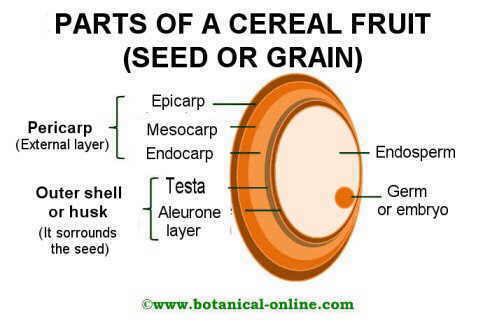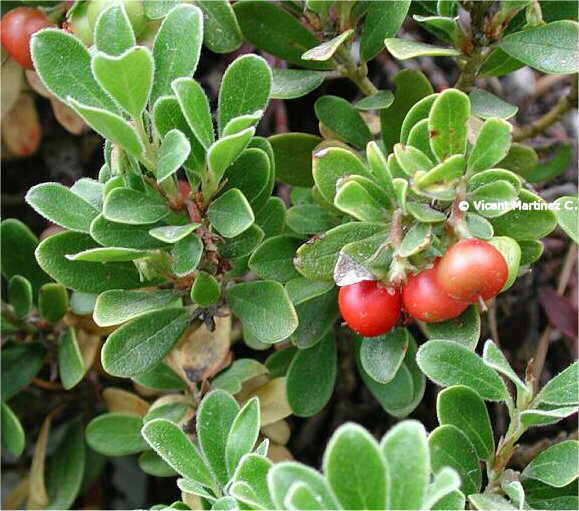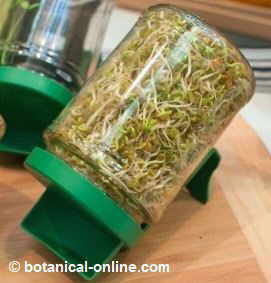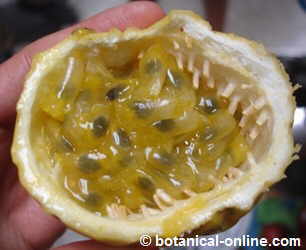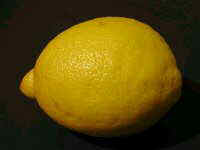Contents
- 1 What food is good for dermatitis
- 1.1 Can dermatitis be cured with diet?
- 1.2 Recommended foods for dermatitis
- 1.3 Foods rich in vitamin A for dermatitis
- 1.4 What are the properties of vitamin A (in the form of carotenes) for the skin?
- 1.5 Foods rich in vitamin B for dermatitis
- 1.6 Foods rich in proteins for dermatitis
- 1.7 What foods rich in protein are good for the skin?
- 1.8 Foods rich in vitamin E for dermatitis
- 1.9 Foods rich in vitamin C for dermatitis
What food is good for dermatitis
Can dermatitis be cured with diet?
A suitable diet for dermatitis can improve the appearance of the skin and prevent the symptoms of the disease produced by inadequate nutrition, as well as other associated manifestations, such as gastrointestinal disorders.
In many cases of dermatitis, and especially in atopic dermatitis or seborrheic dermatitis, food may be responsible for the onset or worsening of this disease.
Knowing the right diet for dermatitis will help us to discover those foods that are curative and discard foods that are more discouraged or that should not be abused. In short, good dietary choices are essential to cure dermatitis.
Recommended foods for dermatitis
The most recommended foods for dermatitis and the main eating and lifestyle guidelines are the following:
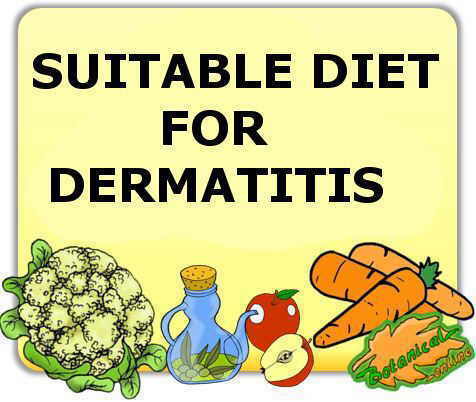
Diet recommended for dermatitis. A diet rich in vegetables and healthy fats is essential to improve dermatitis.
- Consume foods rich in omega 3, vitamins and minerals that improve dermatitis: These foods should be consumed daily.
- Diet with healthy foods rich in proteins: Not all foods that contain protein are adequate.
- Food and medicinal plants to detoxify the liver
- Avoid junk food: Excess of refined foods, such as flours, sugar, fats (especially trans fat), excess of salt, pastries, cookies (of any kind, even whole), chips and other ultra-processed; It is harmful for dermatitis.
- Avoid stress
- Respect the biological clock: Sleeping the necessary hours at night is essential for the immune system to self-regulate and properly function the hormonal recovery cycles such as melatonin.
- Avoid obesogenic environments and obesity: Sedentarism and the consumption of ultraprocessed products harms the immune system and asserts the adverse reactions of a cutaneous reaction.
Foods rich in vitamin A for dermatitis
Vitamin A is essential for the proper functioning of the immune system and to form new proteins and structures, therefore, it is vital to preserve the skin in good condition and is very useful in the treatment of diseases that affect it.
Vitamin A appears in vegetable foods in the form of carotenes (beta-carotene), and most notably, in carrots (raw and cooked), spinach, in dandelion, mango and apricots and peaches
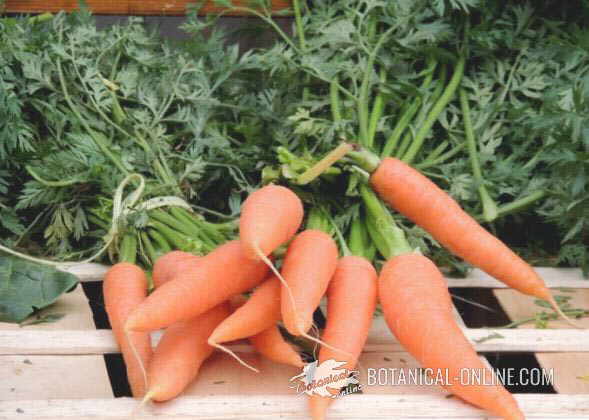
Photo of carrots in a market. They are highly recommended vegetables because they are an authentic medicine for the skin. They can be eaten in creams, salads or smoothies.
Other foods very rich in this component are the following: chard, watercress, borage, pumpkin, asparagus, peppers, watermelons, melons, Brussels sprouts, prunes and green beans.
What are the properties of vitamin A (in the form of carotenes) for the skin?
A deficiency of this vitamin produces dry and scaly skin and defective teeth in the individual. It is recommended to increase the intake of this vitamin in cases of eczema, acne, psoriasis, dry skin, herpes, cuts, wounds, burns, etc.
Large intakes of foods rich in beta carotene are very beneficial for the skin, which, after two days of treatment, has spectacular results.
Foods rich in vitamin B for dermatitis
Vitamin B deficiencies can cause dermatitis. In this sense, it has been verified that foods high in vitamin B, especially biotin, help to improve this disease.
The chemical analyses of the affected patients of seborrheic dermatitis show that, in many cases, they showed vitamin B deficiency.
Among the richest foods in this vitamin we have whole grain cereals (rice, wheat, oats, etc), legumes (soy, peas, dry beans, lentils or kidney beans, etc,) or nuts. Since some of these foods could be counter-productive, it will be necessary to watch the possible individual reactions to discard them if necessary.
In vegetarians and vegans it is advisable to take vitamin B12 supplements.
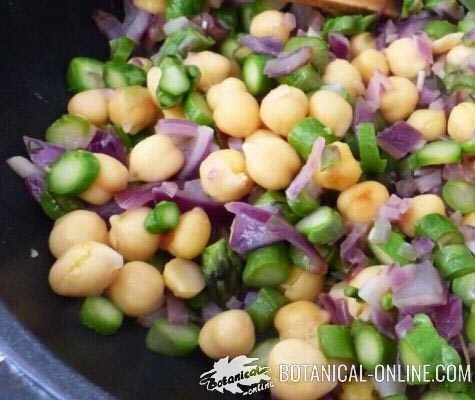
A dish of chickpeas provides many proteins and is very healthy
Foods rich in proteins for dermatitis
Some specialists relate the appearance of this disease with a diet low in protein. From proteins, the organism is able to form new epithelial cells and regenerate the damaged skin.
For example, people who have suffered burns, in addition to applying external care, should eat protein-rich foods so that the body can regenerate damaged tissue.
Therefore, it is recommended that people with dermatitis make a diet slightly rich in healthy proteins, especially plant proteins.
In addition, and very important, you should avoid many foods derived from meat and fish that are harmful, such as sausage, cold cuts, ham, hamburgers, surimi, smoked salmon, etc. (Processed meats).
What foods rich in protein are good for the skin?
Legumes and nuts are an excellent source of vegetable proteins because, in addition to proteins, they provide essential fatty acids, minerals and vitamins.
The most recommended foods are: a dish of lentils, chickpeas, peas, sautéed tofu, almonds, hazelnuts, walnuts, sunflower seeds, etc. (nuts without frying and without salt) (Some people may be nut intolerant).
Eggs are also very suitable, in the form of an omelet, boiled or soft-boiled. You can consume about 2 eggs a day, without problems for cholesterol.
Non-vegetarian people can consume white meat (chicken, turkey), and red meat in more moderation (maximum once a week).
For vegetarians and vegans, the use of pea protein or hemp protein supplements may be advisable.
Raw or badly germinated legumes should be avoided and others, such as soybeans, can be indigestible because of their antinutrient content, so it will be necessary to assess personally how each organism reacts to them.
These foods are also rich in magnesium, which will help to alkalize the body. Something similar can be said about nuts, within which some, such as peanuts or walnuts, can be responsible for many adverse reactions. (See: Dangers of nuts)
Seeds rich in omega 3 for dermatitis
Seeds rich in omega 3 are an almost obligatory supplement for all people with dermatitis problems.
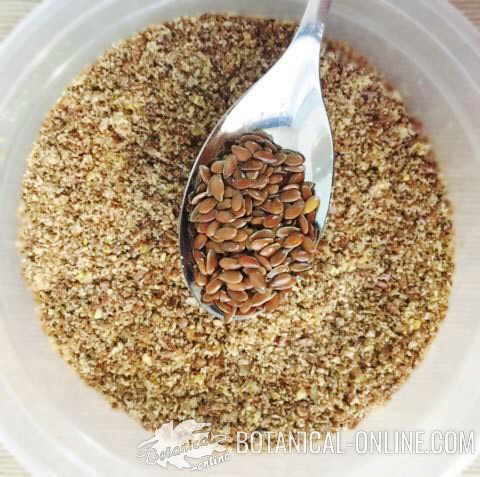
Ground flax seeds are very rich in fiber, omega 3 and other nutrients
There are three types of seeds that are exceptional for their enormous amount of omega 3, in an amount greater than that of nuts, almonds and any other seed. These are:
- Ground flax seeds
- Ground chia seeds
- Ground hemp seeds
It is recommended to take 2 teaspoons daily of any of these ground seeds.
Foods rich in vitamin E for dermatitis
For its antioxidant properties, vitamin E can help improve the condition of the skin and prevent the appearance of abnormalities. The foods richest in vitamin E are fats, and it is generally considered that people who take virgin olive oil already assume good amounts of this vitamin.
In addition, there are suspicions that the low intake of healthy fats in the diet can trigger dermatitis, so the contribution of virgin oil, walnuts and avocados in the diet will be very important.
Food oils should be eaten without frying, for example in salad dressing or stir-fry (cooking with vegetables over a low heat). Heated oils are harmful.
Foods rich in vitamin C for dermatitis
Vitamin C is a powerful antioxidant that helps prevent or improve skin diseases, has anti-inflammatory and depurative effects.
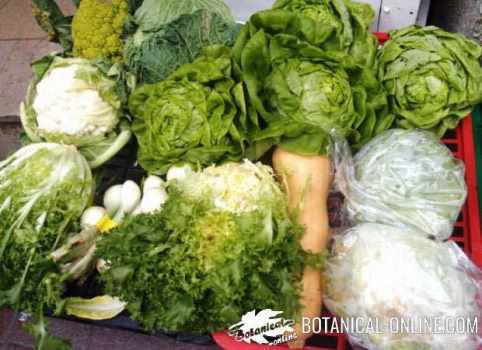
Leafy greens are rich in vitamins and are recommended for dermatitis
Most fruits and vegetables are very rich in vitamin C.
The most recommended will be those that contain many beta carotene, which are the aforementioned: peaches, mango, papaya, carrots, apricots, nectarines, oranges, pumpkins, persimmon, etc.
* Related information:
– Purifying food for dermatitis
![]() More information on dermatitis and types of dermatitis.
More information on dermatitis and types of dermatitis.

